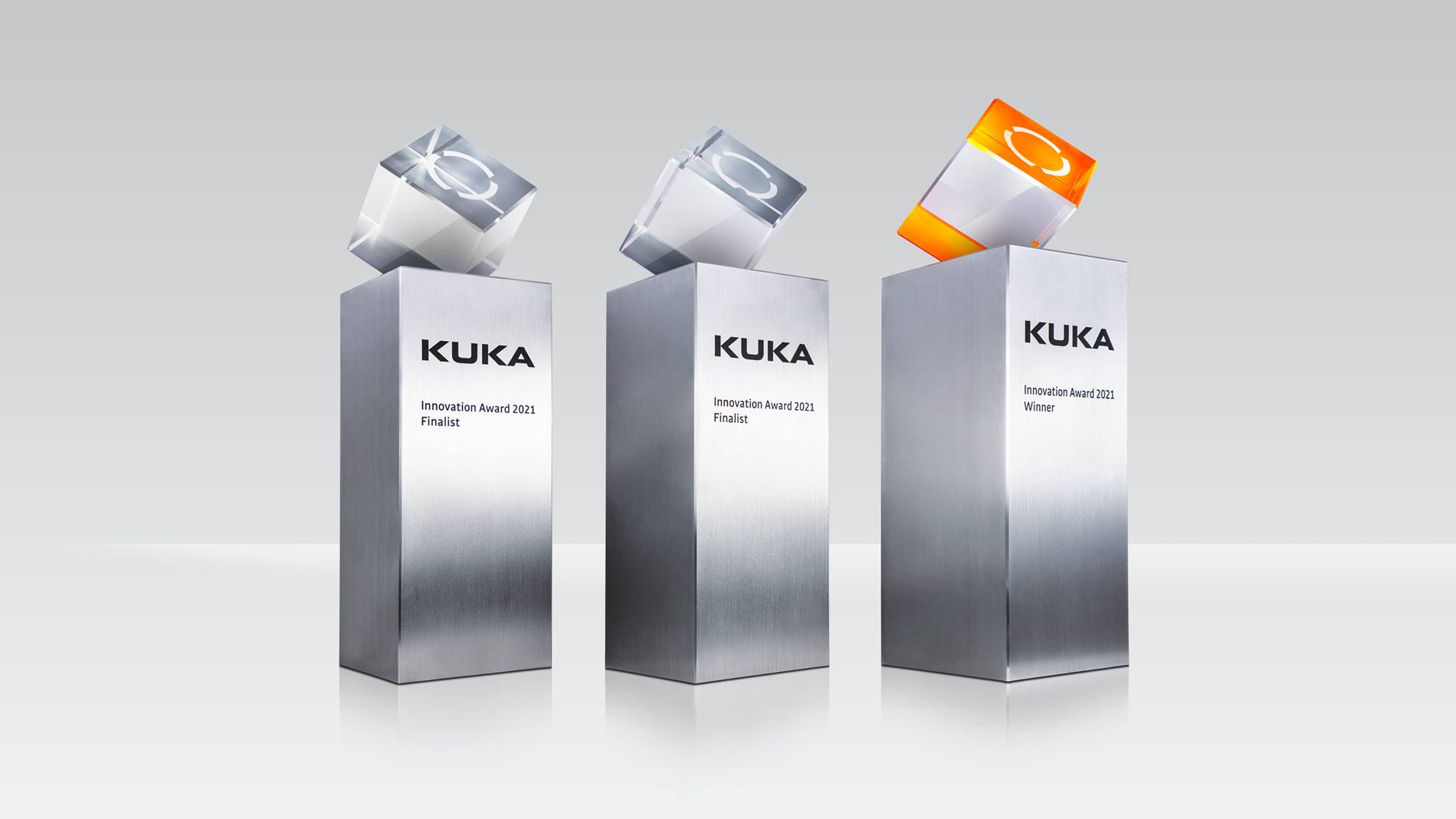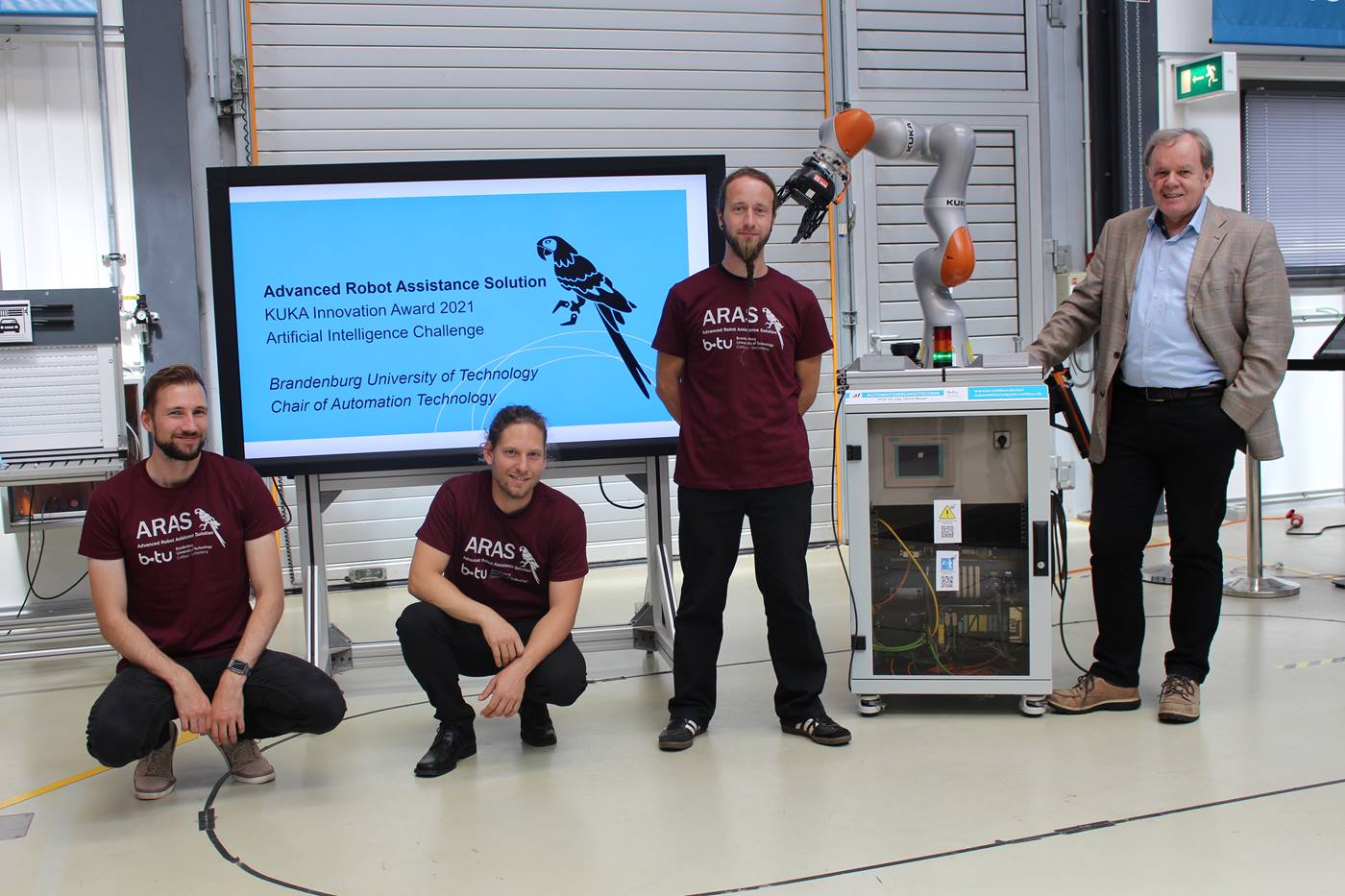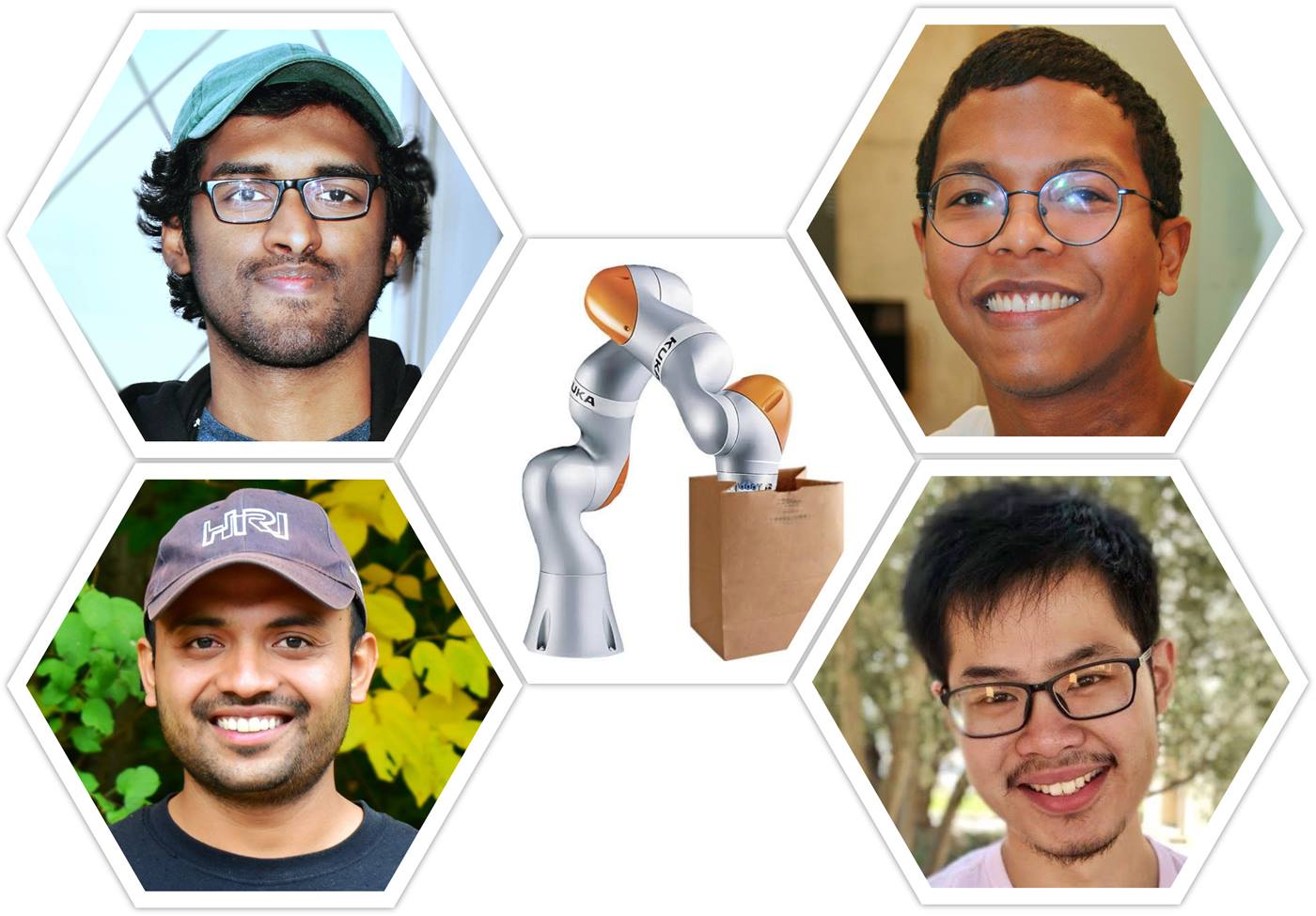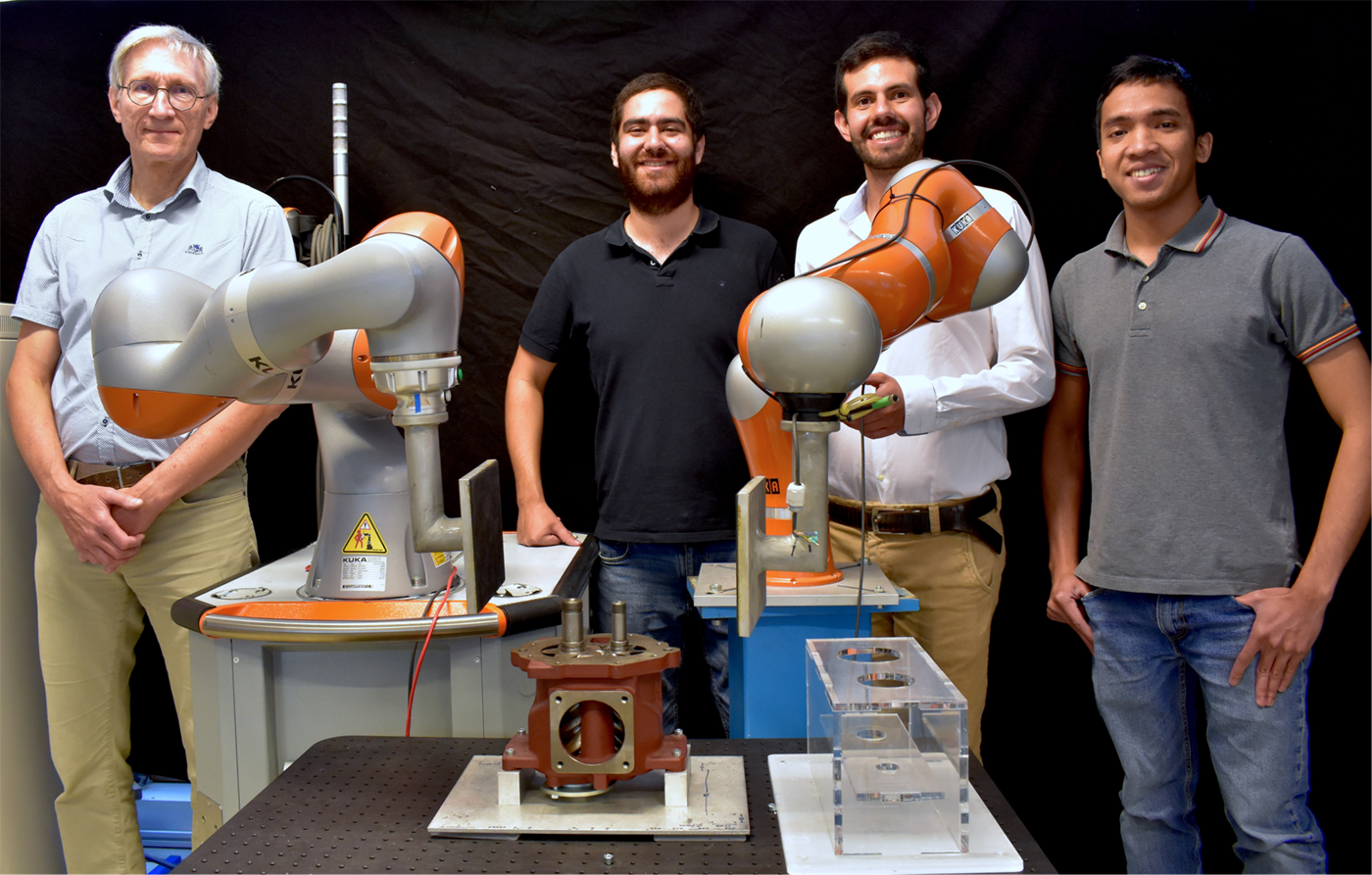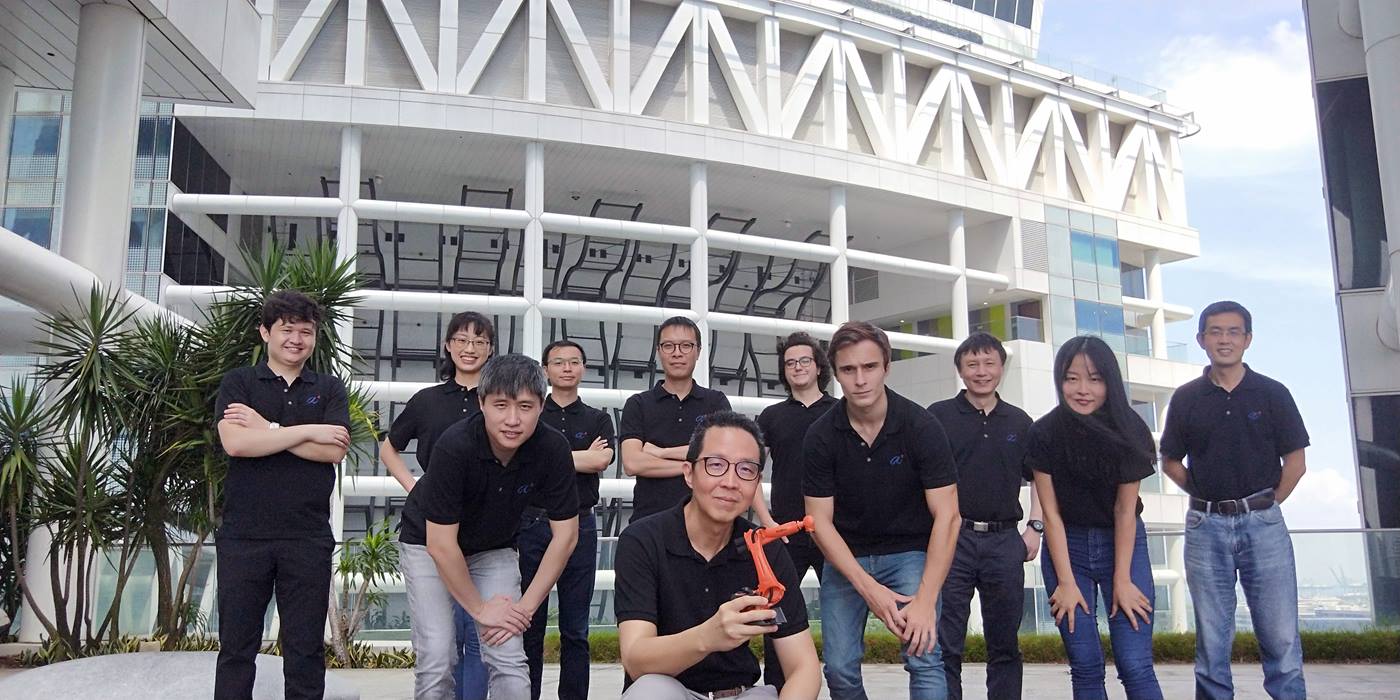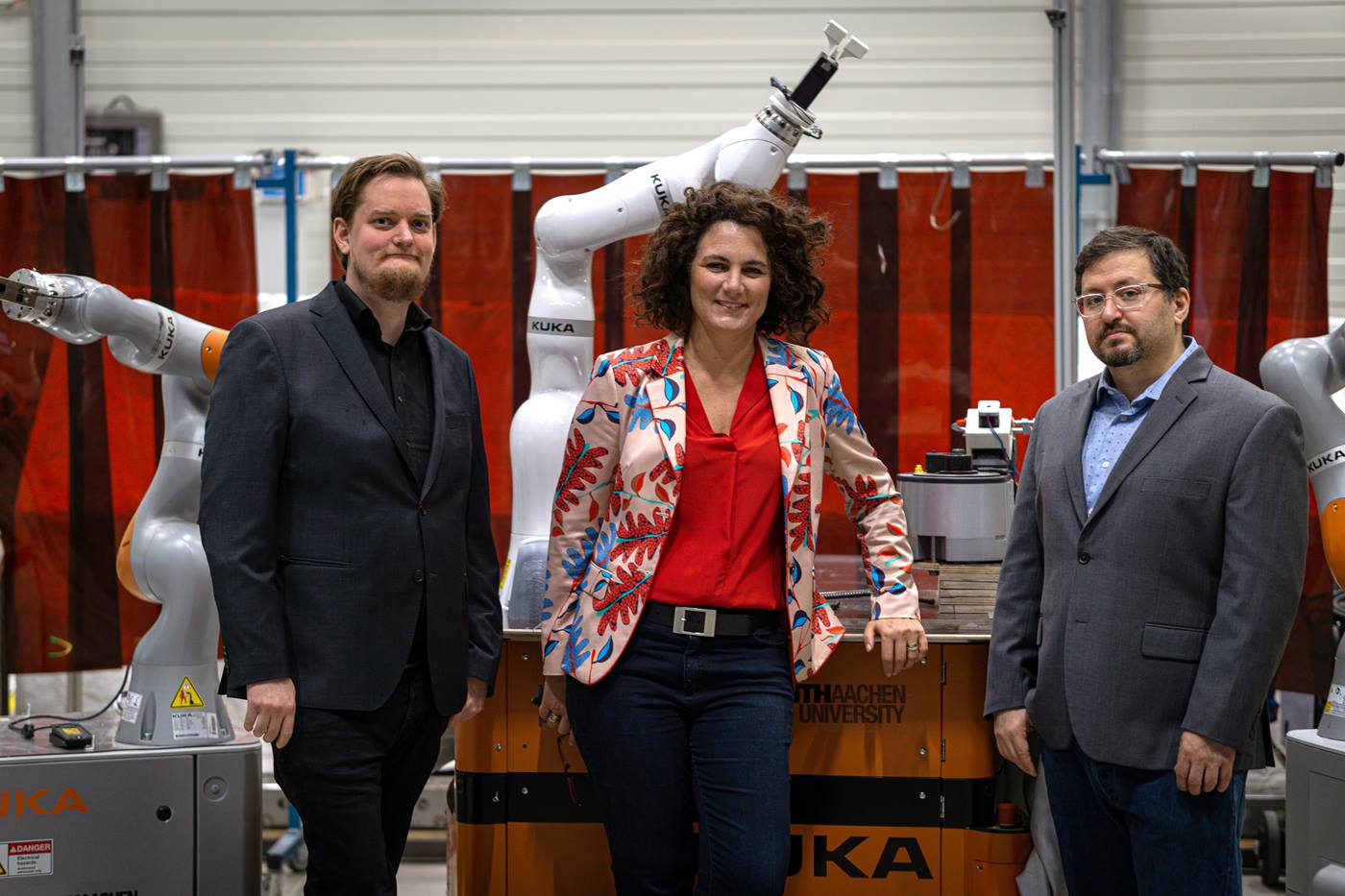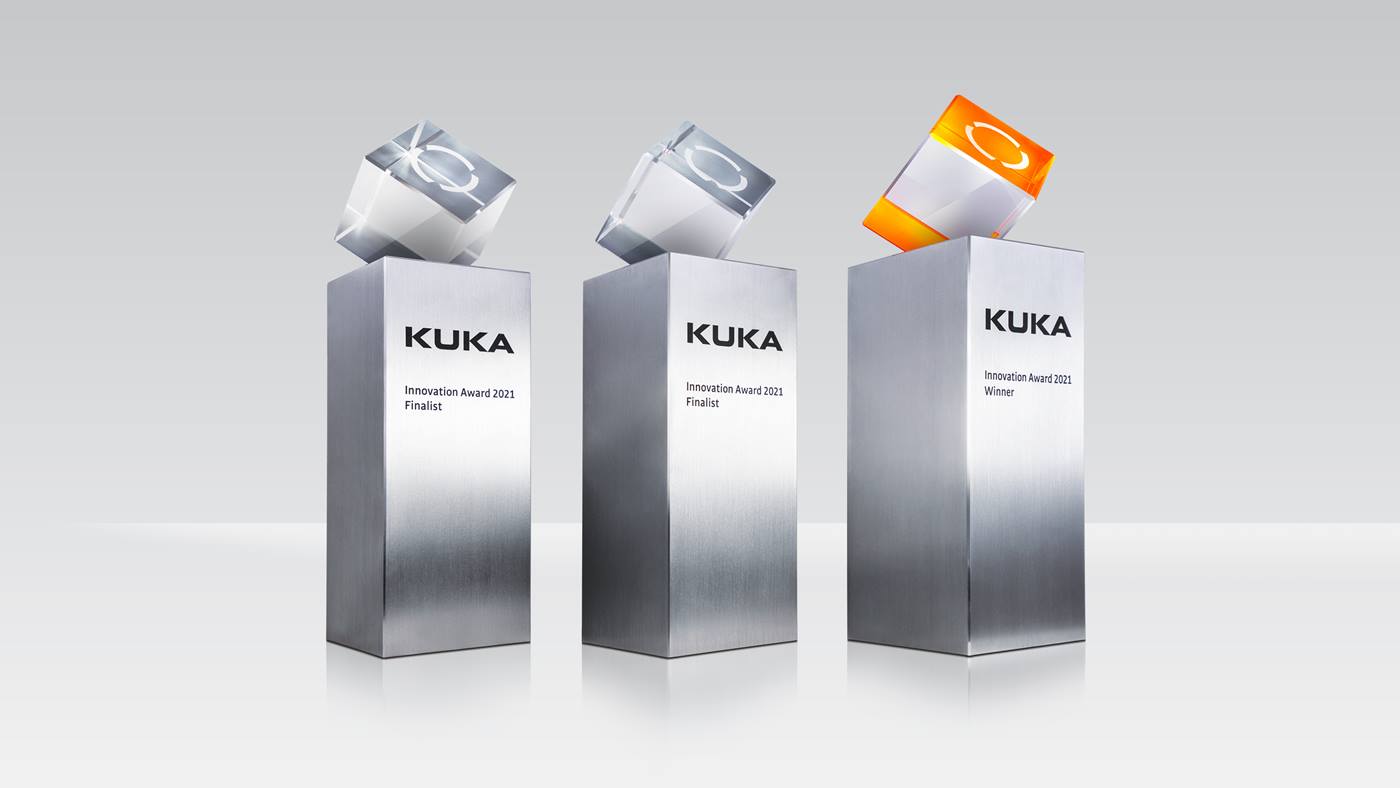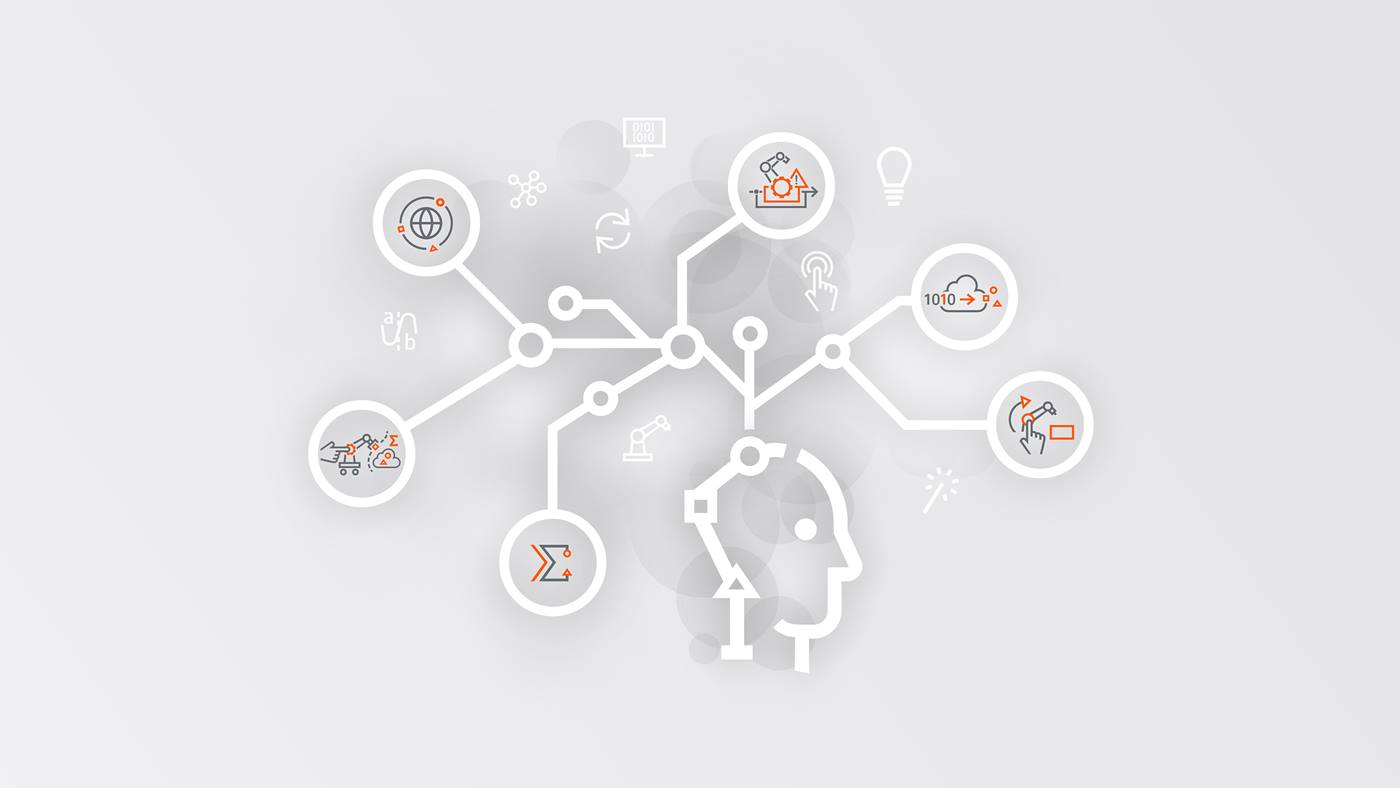Particularly during the COVID-19 pandemic, collaborative robots could help to reduce human-to-human interaction. However, configuring these machines for a set of given tasks still requires a great effort. The team from the A*STAR Institute for Infocomm Research in Singapore is developing a programming-free approach that leverages the latest developments in AI capabilities. The technology enables more natural and safer human-robot collaboration. This allows the robot to support operators, especially in a high-mix low-volume manufacturing environment. The concept from Team CHRIS is comprised of intuitive object and task teaching, activity understanding as well as multimodal perception (vision, touch and speech) and reasoning.

